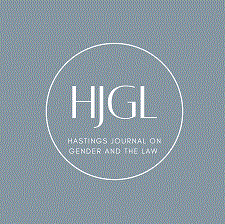
Abstract
Unbeknownst to soldiers, when they sign on the dotted line, pledging to defend the freedom America stands for, they also sign away their freedom to make decisions regarding their private sex life. The Uniform Code of Military Justice (UCMJ) mandates that a soldier be subject to prosecution for having sexual intercourse with someone who is not his or her spouse. Although a majority of states have done away with the historical norm of criminalizing adultery, choosing instead to simply use evidence of adultery to support divorce petitions, the military continues to vigorously prosecute adulterous acts. In this regard, the military sees itself as a separate entity from the government, capable of ignoring a soldier's fundamental right to procedural due process protection. However, as a separate entity, the military should provide greater protection rather than further deprivation. While the military may have justification to limit the fundamental rights of soldiers in some instances, such as freedom of speech, because of military necessity, the criminalization of adultery represents too great an allocation of power when balancing a governmental interest and the individual protections guaranteed by the Constitution.
Recommended Citation
Krista Bordatto,
The Crime Behind the Bedroom Door: Unequal Governmental Regulation of Civilian and Military Spouses,
26 Hastings Women's L.J. 95
(2015).
Available at: https://repository.uclawsf.edu/hwlj/vol26/iss1/7

